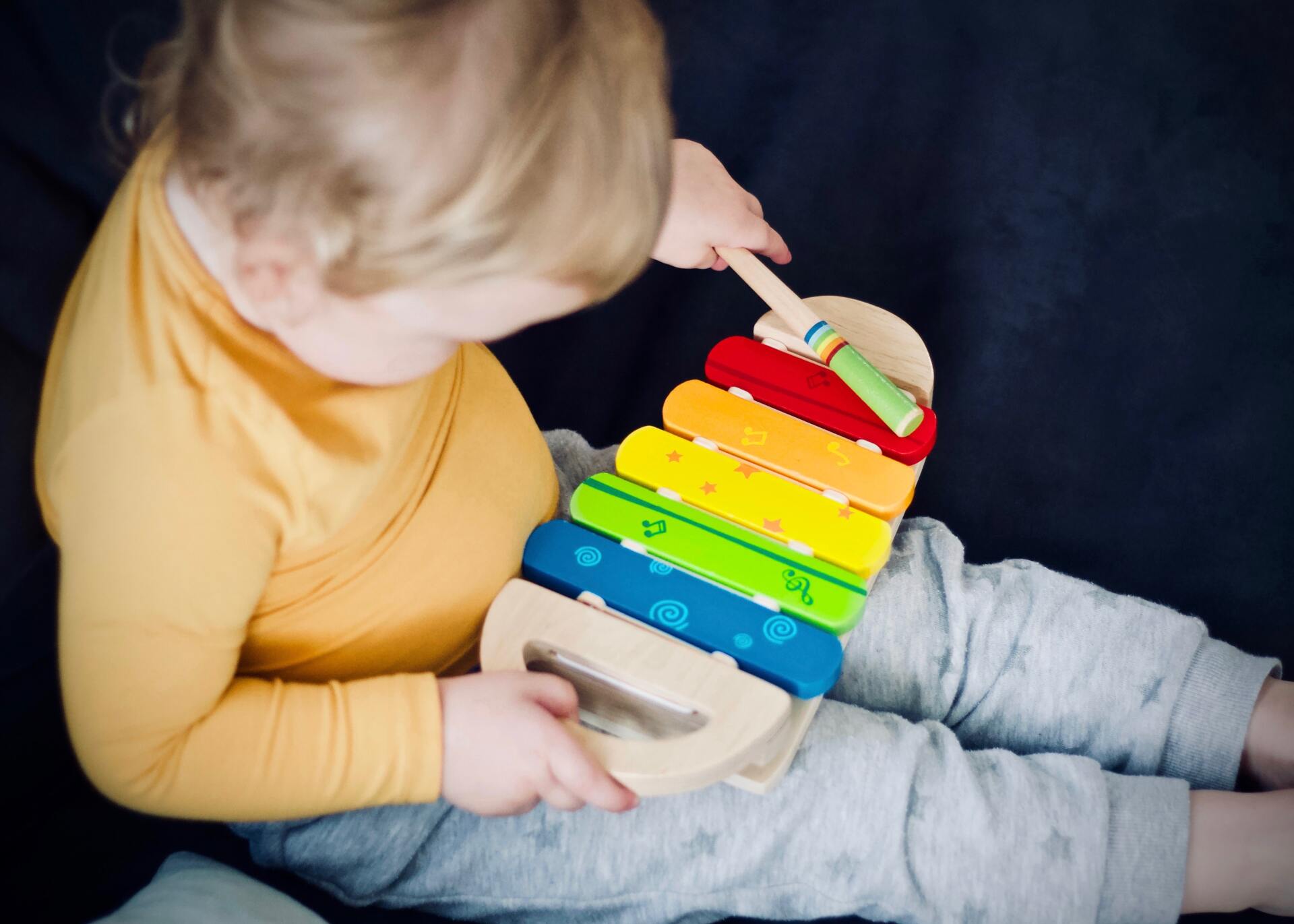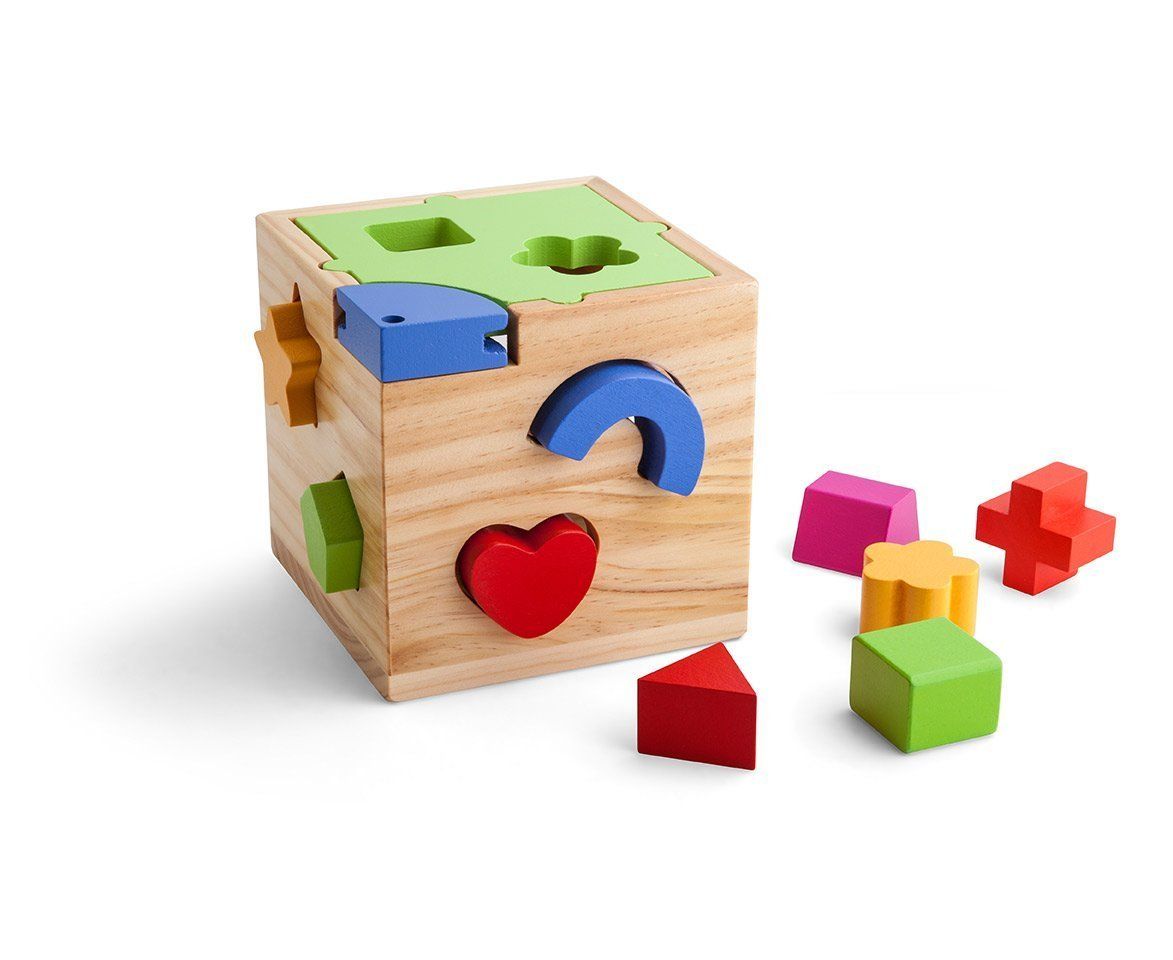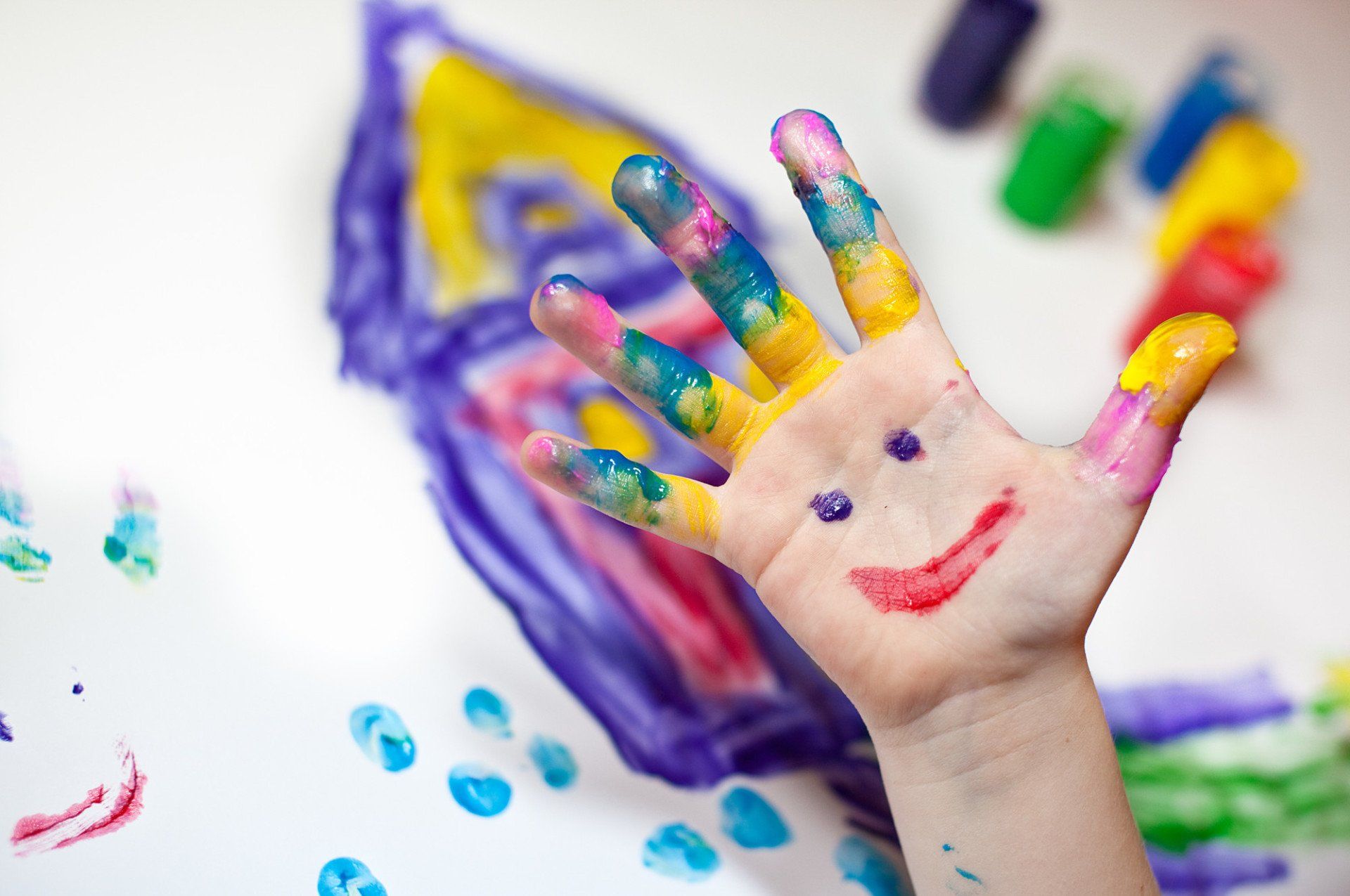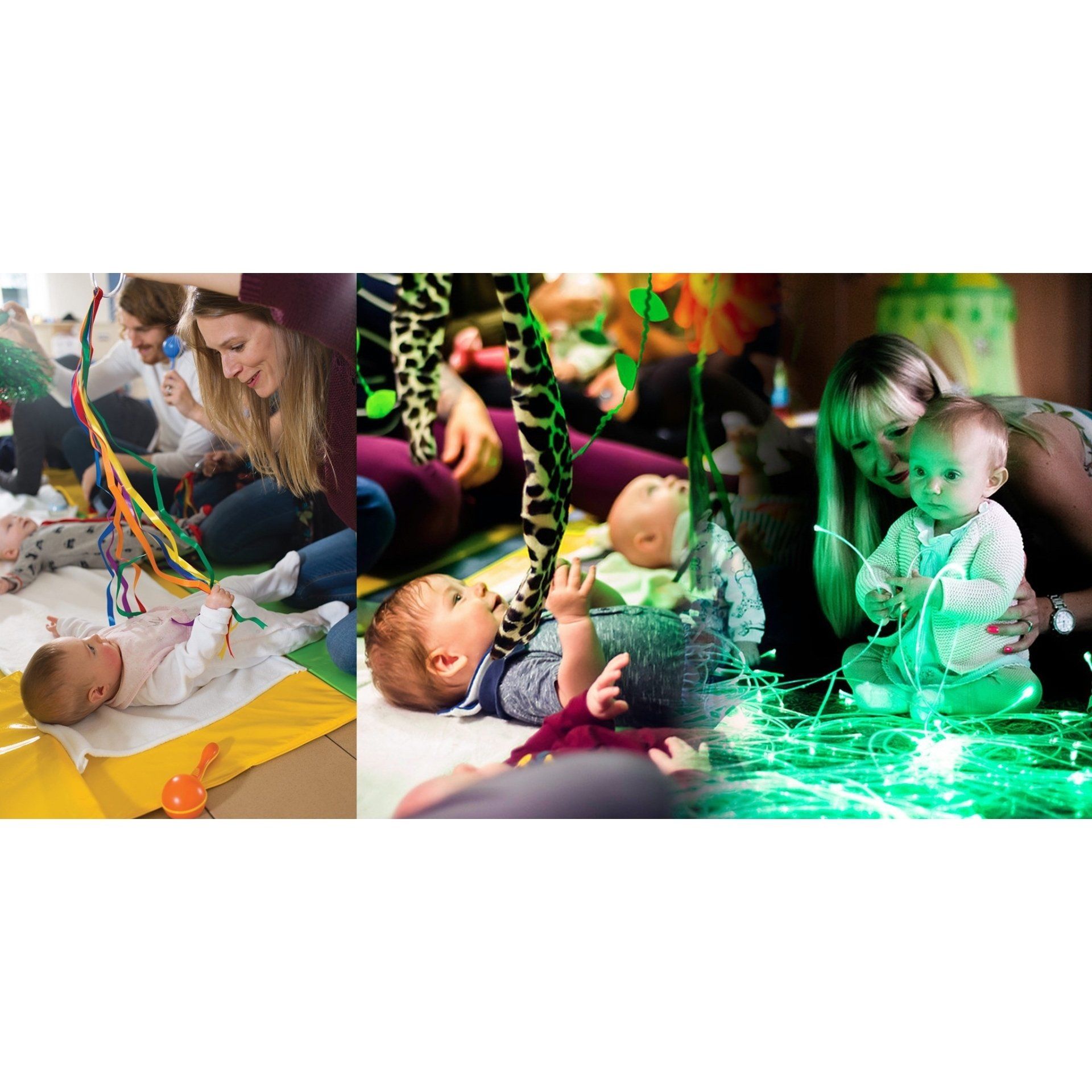News

The benefits of music are enormous; both consciously and subconsciously music is a part of our everyday life. Children are exposed to music through songs we sing to celebrate birthdays, nursery rhymes, lullabies and songs we sing to our children. Music helps improve a child’s dexterity and ability it accelerates learning and is advantageous for language cognitive and social development. Learning how to make music should be a basic life skill. Babies can distinguish the differences in melody and frequency stimulating their minds. Exposure to music helps children to speak more clearly and grow a larger vocabulary. When dancing and moving to music children develop better motor skills. Generation upon generation know the same songs and nursery rhymes. Children recognise the melody of a song and can unscramble the different tones in music before they learn the words. Music helps children to learn new words and the repetition and rhythm help form memories. There is a wide range of first musical instruments and percussion sets available to support music dance and singing for both indoors and outdoors engagement. Singing in tune marching to a beat dancing helps children to differentiate between their speaking and singing voice and the different rhythms. To neglect music in these early years would be catastrophic.

The Curiosity Approach looks to transform and reset educational practice for our youngest children, bringing curiosity, awe and wonder into Early Childhood and creating those ‘thinkers and doers’ of the future. We are living in a technological age with children spending endless hours engrossed in TV programs or absorbed in Apps on iPad screens. Children’s lives also (pre-Covid lockdown) have become increasingly busy, with playdates, extra activities, sports events and clubs. The world is changing for our youngest children, not just today but long into their future. At The Curiosity Approach® our aim is to empower our youngest children, laying down the foundations for the future, to instil a lifelong love of learning, replacing the current gratification of stickers, tick charts and rewards. To stop the pushing down of academics and pouring information into the tops of heads. We believe in educating our children through head, hands and heart, instilling those characteristics of effective learning. Active learning, critical thinking and enjoyment as children play and learn. To get children outside, to embrace nature and to protect our planet in the process.

But that’s ok, it’s perfectly normal, hence why here at Little Owls we don’t care about the mess the messy play creates (the irony!), we just want all children in our care to experience this, to explore it, to enhance it, to love it! Why we’re doing it and supporting it from the inner core of our hearts? Yes it’s fun! Nothing beats paint all over our faces, splashes of sticky jelly on our hair, or gloop dripping between our fingers!!! This helps young children develop their early motor skills, it enhances muscle strengthening ready for early writing skills and definitely works on the hand-eye coordination. Now think about finding that one big puddle and jumping right in the middle of it… Exactly, it’s scary but exciting…. We don’t know what we’re going to find in the middle of it…. But that’s the thrilling part…. And then, just like that, you jump on it…. How does that make you feel? Free? Released? Exuberated? Yes, all of those things! For a split second everything stops and it’s just you and the nature…. Greatness, freedom, yet calm and peace. Children will feel and experience all of those things too, not even realising, and in addition, it builds the gross motor skills, core muscles are developing and strengthening, and they learn that the can move their bodies in different ways… Messy play helps build on imagination skills. You can do so much mess with little resources, having the same beneficial effects. The possibilities are endless, and the children will always be inspired to try new approaches, to investigate, explore and think, ‘’I wonder what happens if….’’ There are no right or wrong answers, the children will want to discover for themselves, they will turn into curious and inquisitive little people who will always have the confidence to solve problems and keep on trying. If children develop the characteristics of effective learning during their early years, they will be able to learn later with a growth mindset, not a fixed mindset.

It’s NOT because they are trying to annoy us adults or go against our instructions, to only use the paper to paint on . Children learn in a multitude of ways and some children have specific ways that they make sense of the world. Through repetitive actions ( schema) children are finding out, being curious and constantly learning. It’s all part of their learning process and we need to recognise different types of schemas in play. “A schema is a pattern of repeated actions. Clusters of schemas develop into later concepts" (Athey, 2007). It’s an urge! To understand that children use play to collect information, and they do this in a methodical, logical and systematic way, through the use of their senses and constant movements. The way children learn through PLAY is incredible! Just because it doesn’t make sense to us adults - doesn’t mean it’s not making sense to the child. They will use their entire bodies and senses to find out about the world around them, this in turn can also send calming signals to the brain.
Little Owls Nursery Ltd, Well Lane, Danbury, Chelmsford, Essex, CM3 4AB
Parkview, Unit B & C, 30 Radford Way, Billericay, CM12 0DX


